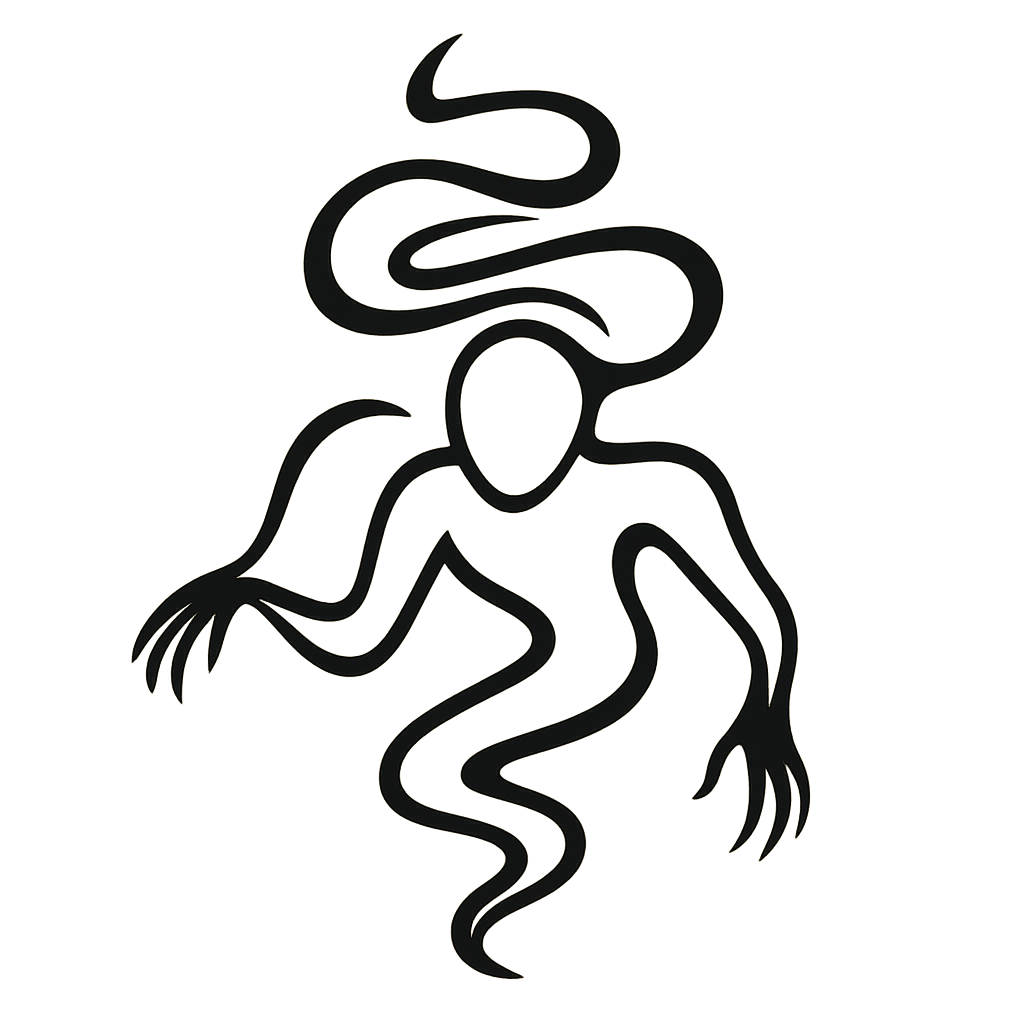
Disoriented Dream Meaning
Deciphering Disoriented Dreams: What Your Subconscious Might Be Telling You
Discover the intriguing insights behind dreams of disorientation and unveil the messages your mind might be sending. Dive into psychological and scientific interpretations.
Analyze your dream instantly with Onira
AI-powered insights, private by design. Free on iOS and Android.
Introduction
Has there ever been a moment while dreaming when you find yourself spinning in circles, utterly disoriented? Maybe you’re trying to locate a familiar place, but nothing seems recognizable. Such dreams can leave you waking up in a sweat, feeling somewhat bamboozled. But, rather than view these dreams with trepidation, consider the possibility that your subconscious is offering profound insights into your waking life.
🧠 Psychological Interpretation
Reflecting Real-Life Confusion
Feeling confused or disoriented in a dream may mirror real-life situations where you feel uncertain or unsure. Whether it’s an upcoming career change, a significant life decision, or a complicated relationship, your dream may reflect these concerns.
Manifestation of Anxiety
The sensation of being lost or disoriented might suggest underlying anxiety or fear you are coping with in your waking life. Facing these emotional challenges might reveal unsolved tensions or unresolved fears lurking beneath.
Fear of Losing Control
Dreams about disorientation could indicate a latent fear of losing control. This could be connected to various aspects of your life, from personal to professional.
🔬 Scientific Perspective
The Role of REM Sleep in Processing Emotion
REM sleep, where most of the detailed dreaming occurs, is associated with the processing of emotions and memories. Dreaming of disorientation could represent the mind's method of processing complex emotions or experiences encountered while awake.
Dreams as Emotional Regulators
Studies suggest that dreams can aid in emotional regulation. A disoriented dream could symbolize the brain's attempt to adjust to overwhelming emotions or situations, providing a mental shift or release.
🛠️ Practical Tips
Keep a Dream Journal
Try jotting down the details of disoriented dreams in a journal right after waking. Look for recurring themes, symbols, or feelings that can provide deeper insights over time.
Practice Mindfulness Meditation
If you are often disoriented in dreams, engaging in mindfulness meditation can help maintain focus and clarity in both your dreams and daily life.
Seek Professional Guidance
Talk through your dreams with a professional or someone you trust if they become increasingly distressing or interfere with your waking life.
Conclusion
Dreams of disorientation are commonplace yet loaded with meaning. By decoding these nocturnal narratives, you can gain invaluable insights into your subconscious mind and potentially uncover emotions or fears that you were unaware of. While the dream interpretations provided offer a glimpse into potential meanings, remember that what resonates most with you is likely the meaning your mind intended. Use these insights to bring clarity to the confusion both in your dreams and waking life.
Free Dream Analyzer
Paste a dream into Onira to get personalized, neuroscience-informed insights in seconds.

Embark on a journey of self-discovery
Meet your intelligent dream journal, and transform your wildest dreams into meaningful insights. Download today.
Instant Setup
Start logging your dreams in seconds. No complex setup required.
Cross-Platform
Sync your dreams across all your devices seamlessly.
